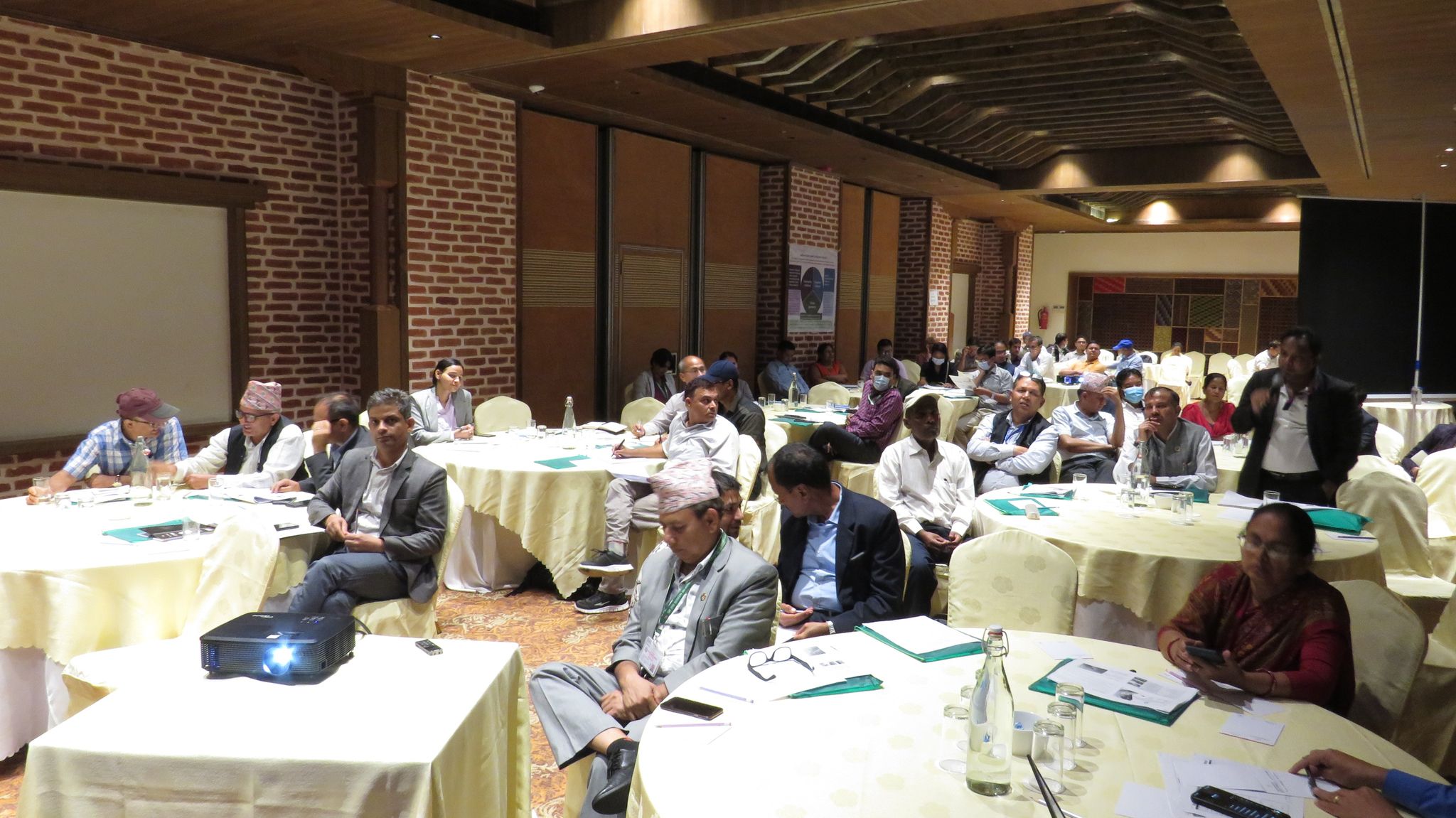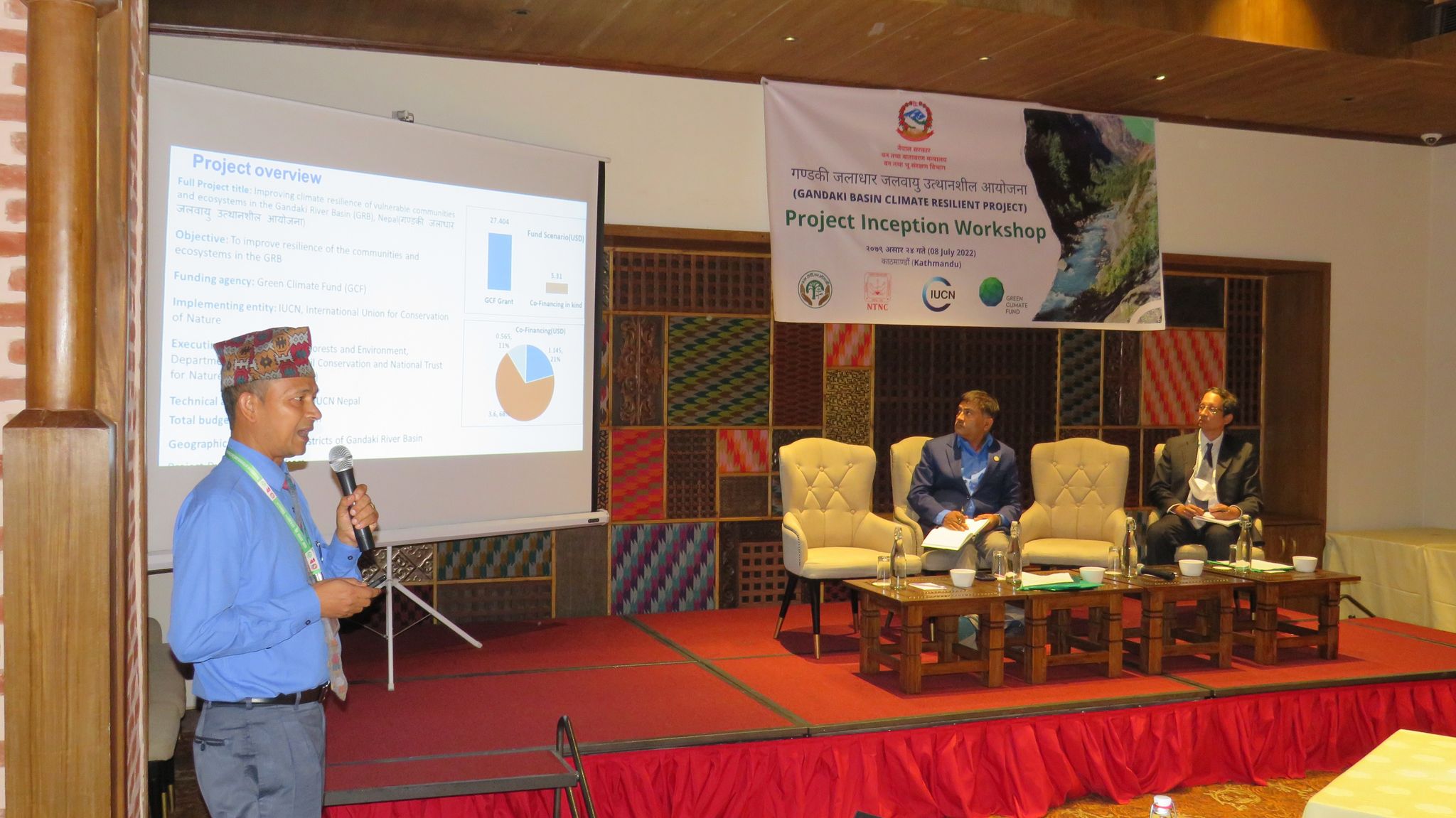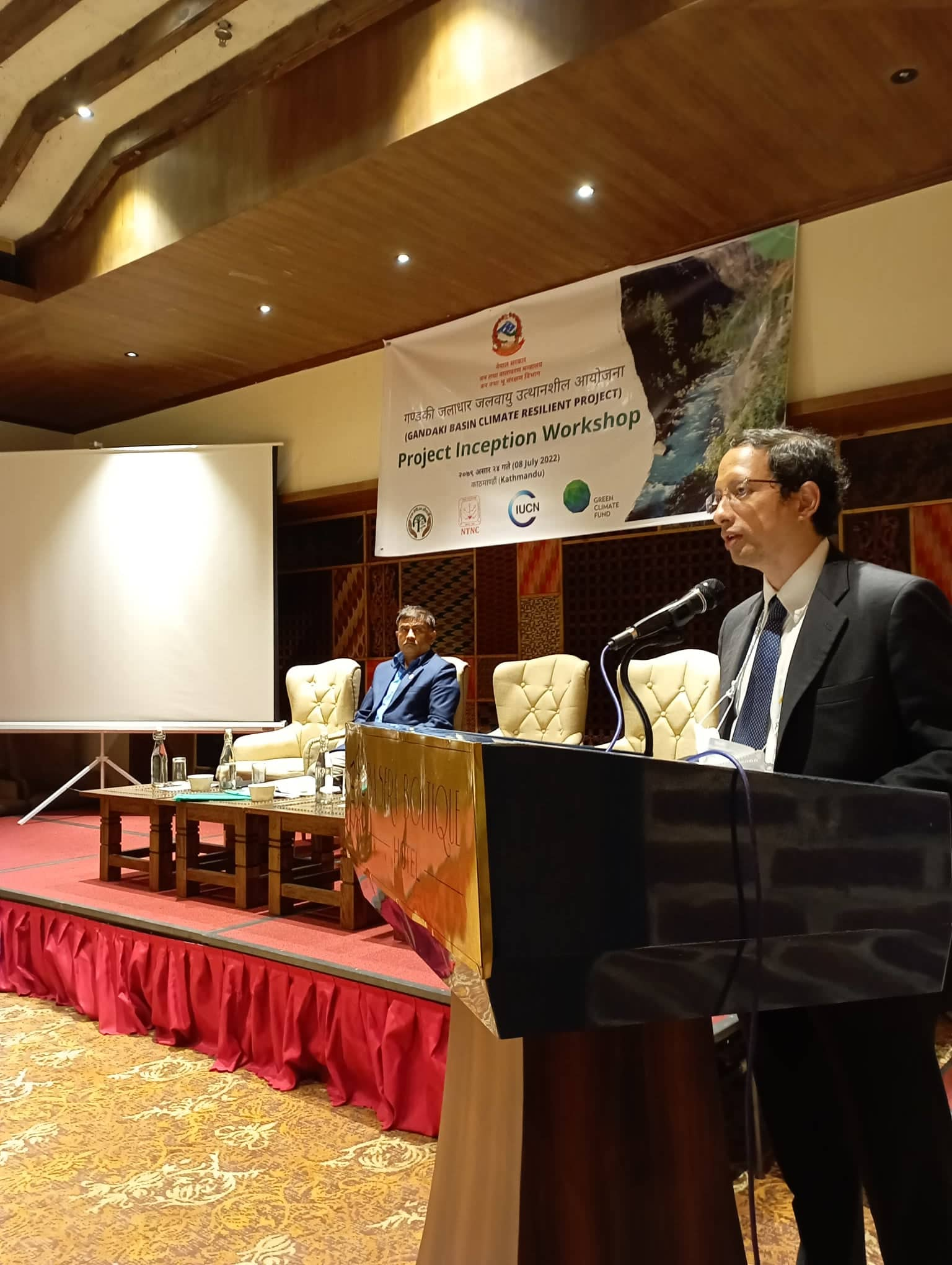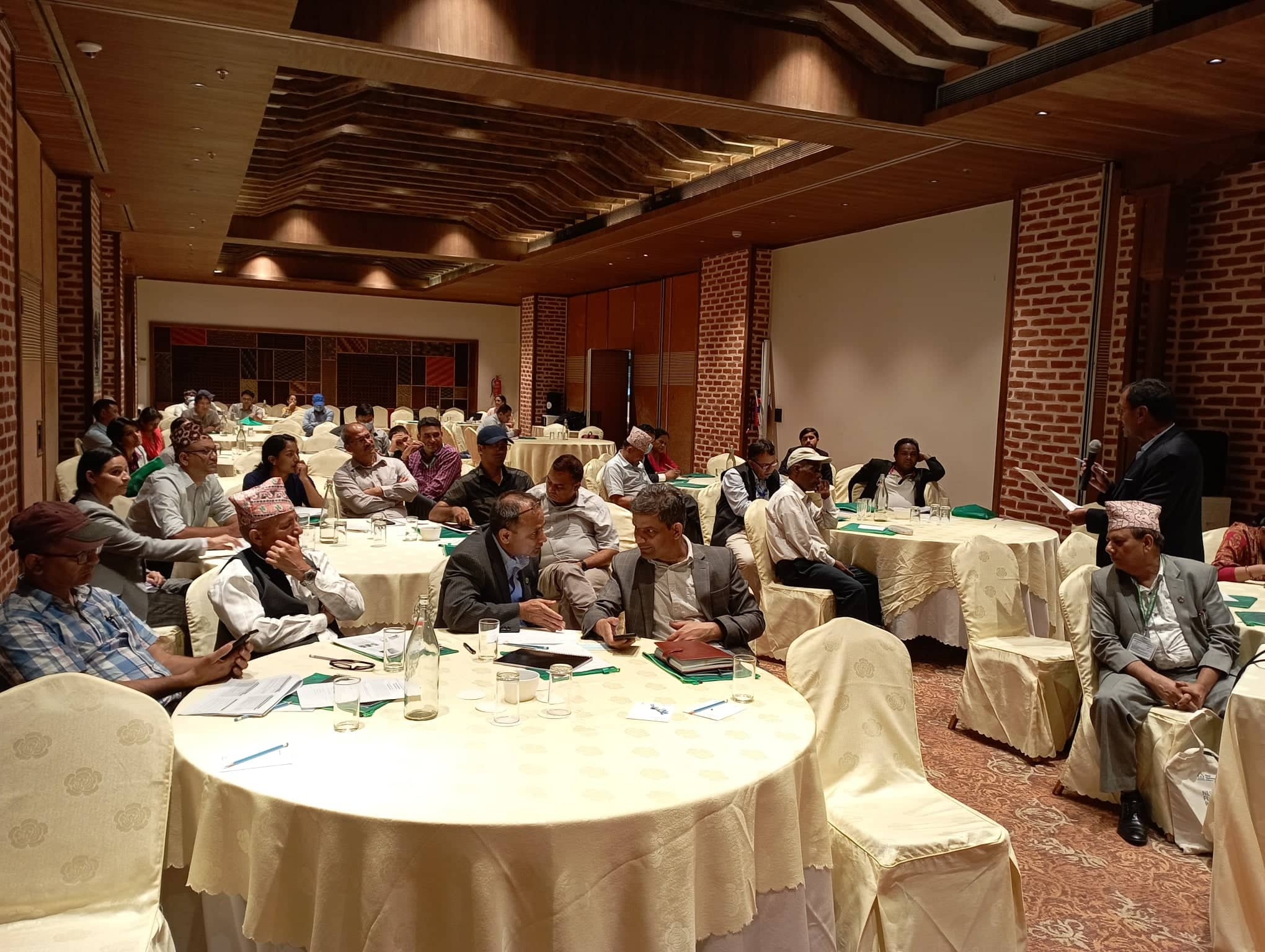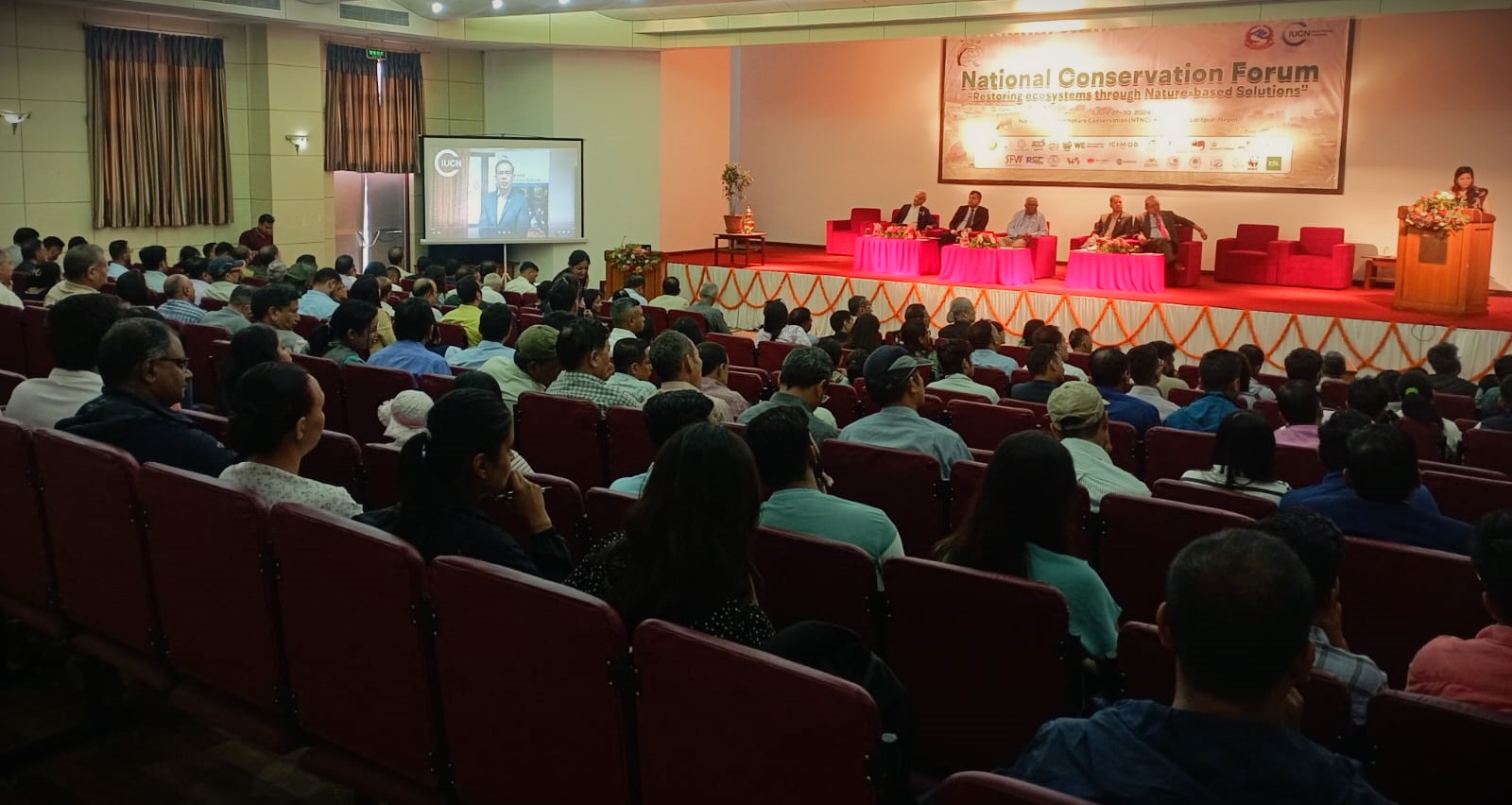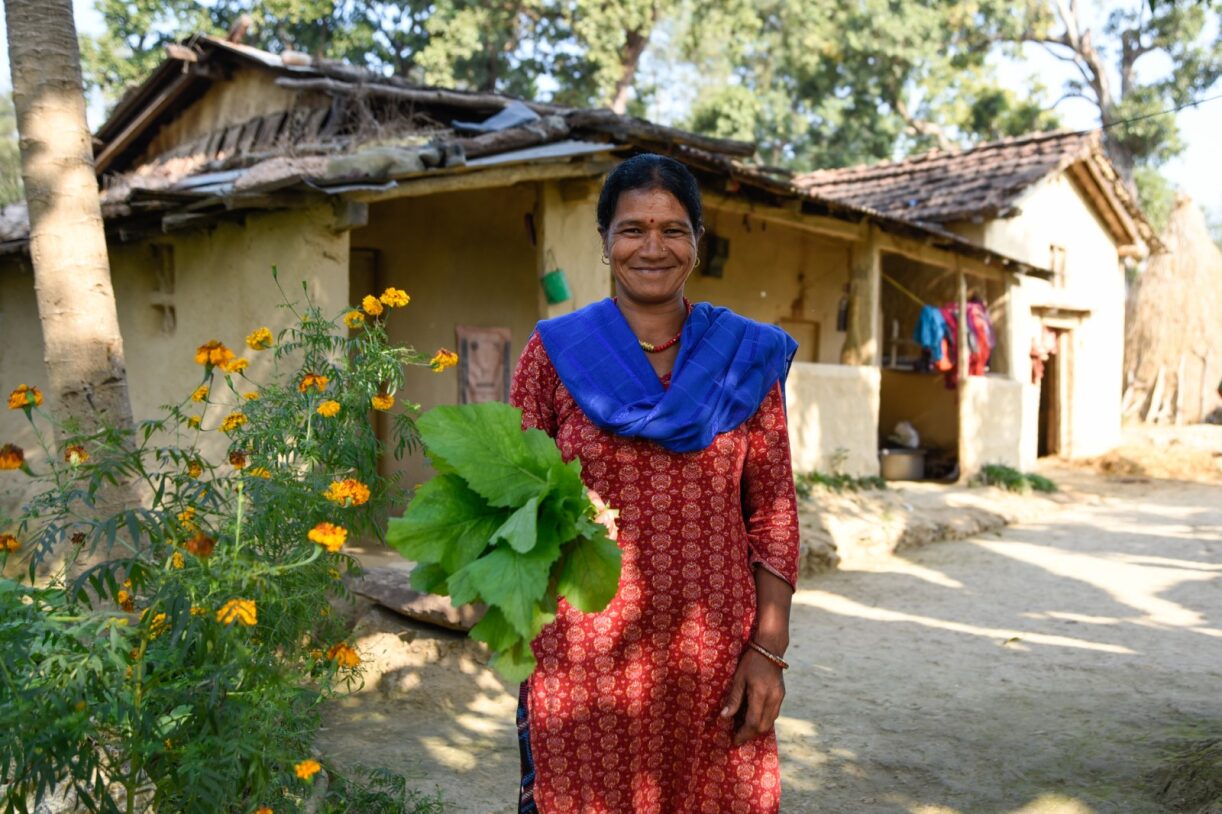Nepal hosts inception workshop for GCF's Gandaki Basin Climate Resilient project
'Improving climate resilience of vulnerable communities and ecosystems in the Gandaki River Basin, Nepal', a Green Climate Fund (GCF) funded project, held its inception workshop in Kathmandu to provide an overview of the project to the stakeholders.
The inception workshop was intended to provide awareness of the project for stakeholders and familiarise them with the project strategy, as well as discuss any changes in the overall context that may influence project implementation. Around 70 participants representing the government, civil society organisations, private sector, academia, media etc. participated in the workshop.
"We all should now give focus on the effective implementation of the project and expect effective cooperation and coordination from all stakeholders to achieve the results in a timely manner", said Dr. Pem Narayan Kandel, Secretary, Ministry of Forests and Environment, Government of Nepal, addressing the workshop.
Ms. Sumana Devkota, Under Secretary of the Department of Forest and Soil Conservation (DoFSC) welcomed the participants and Mr. Uddhaw Bahadur Ghimire, the Deputy Director-General of the DoFSC provided the overview and also sensitise the stakeholders on Environment and Social Safeguards and gender actions plans of the project. The suggestions and inputs were provided by the participants for the effective coordination and implementation of the project activities.
"We have received excellent suggestions and inputs from different stakeholders today and will try to incorporate as far as possible which are under the scope of the project. The project will not be successful without the support of stakeholders at a different level", said Dr. Rajendra KC, the National Project Director and the Director-General of the DoFSC in his closing remarks of the inception workshop.
"This project is the result of a long and strong partnership between IUCN, the Government of Nepal and the GCF that resulted in the creation of this transformative project that will support livelihoods in facing the challenges of climate change of many households in Gandaki River Basin of Nepal", said Anshuman Saikia, Coordinator, Regional Portfolio Management, IUCN Asia Regional Office.
Building adaptive capacity is a high priority for Nepal, given its vulnerability to climate change. Nepal ranks fourth globally in climate change vulnerability, with the Gandaki River Basin (GRB) amongst the regions most vulnerable to its impacts. The GRB occupies about 21% of Nepal’s land area and is one of the largest river basins in Nepal. Climate change, however, is impacting the GRB through drought, late monsoon rains, flash floods, and landslides. These impacts are exacerbating existing issues like poverty and are affecting vulnerable communities and their capacity to adapt to climate change. Thus, the project will focus on enhancing the climate resilience of vulnerable communities and ecosystems in the 19 districts of GRB.
The project has three components - Community resilience; Ecosystem resilience; and, Climate governance. Under these components, the project is intended to achieve three outcomes and seven outputs to improve the resilience of vulnerable communities and ecosystems in the Gandaki River Basin.
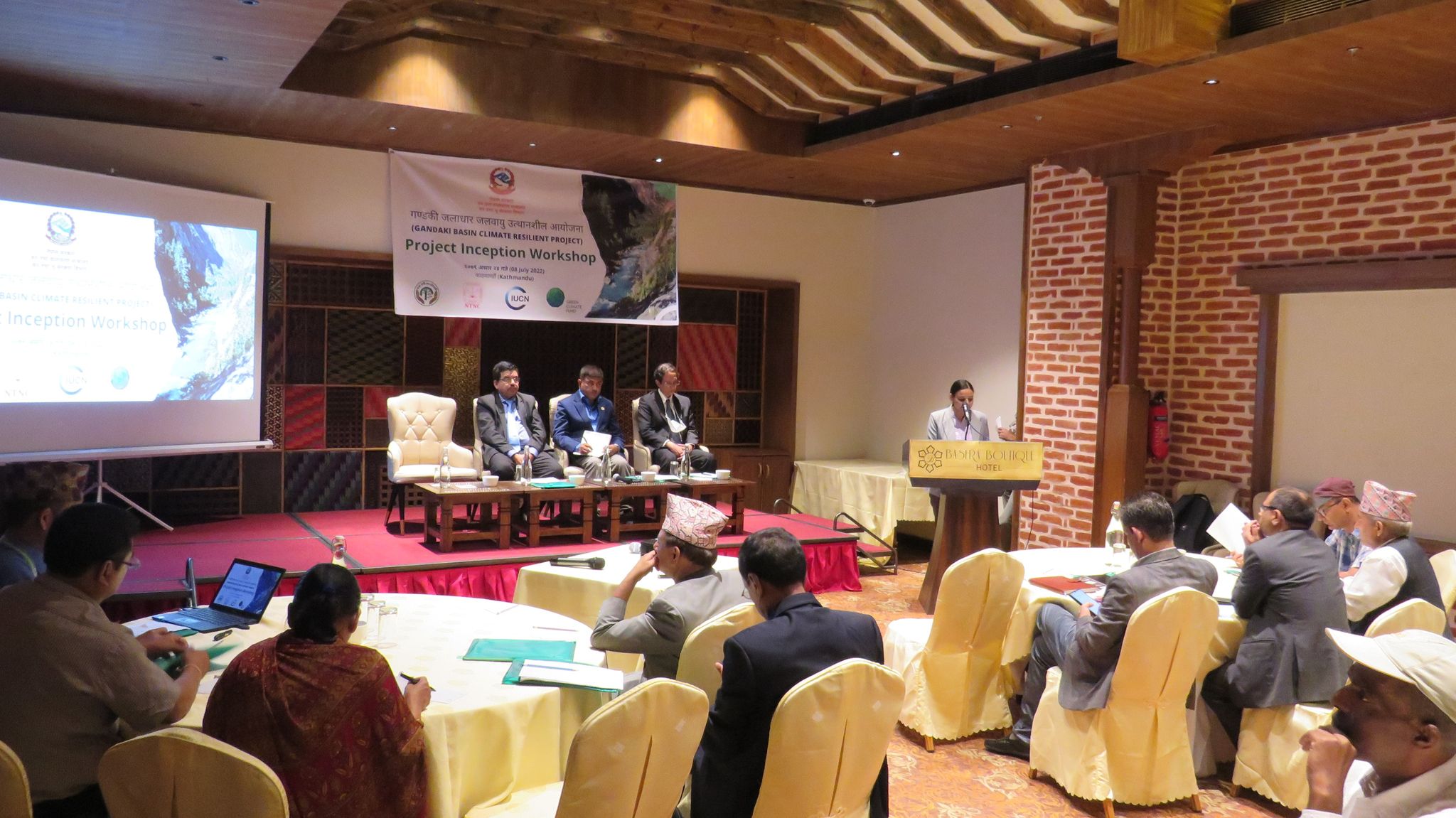 Photo: Amit Poudyal/IUCN
Photo: Amit Poudyal/IUCN
IUCN is an implementing entity for the project and the Ministry of Forests and Environment, Department of Forests and Soil Conservation and National Trust for Nature Conservation are the executing entities to implement the activities on the ground. IUCN Nepal office will provide technical assistance for the project.
The USD 32.715 million project is approved by the Green Climate Fund and provides USD 27.4 million in financial support whereas the Ministry of Forests and Environment, National Trust for Nature Conservation and IUCN Nepal will provide co-financing of USD 1.14 million, USD 3.6 million and USD 0.56 million respectively.
